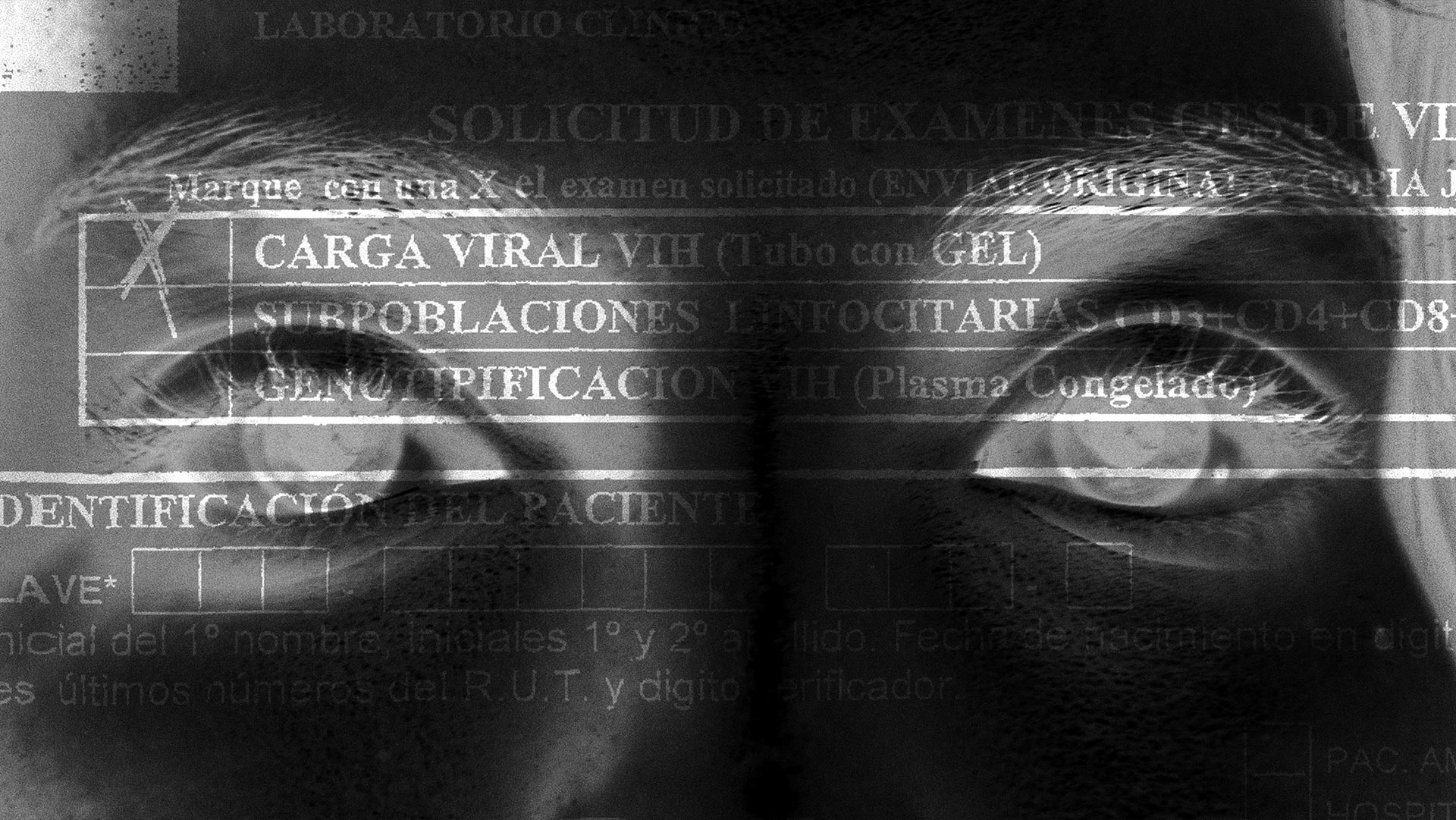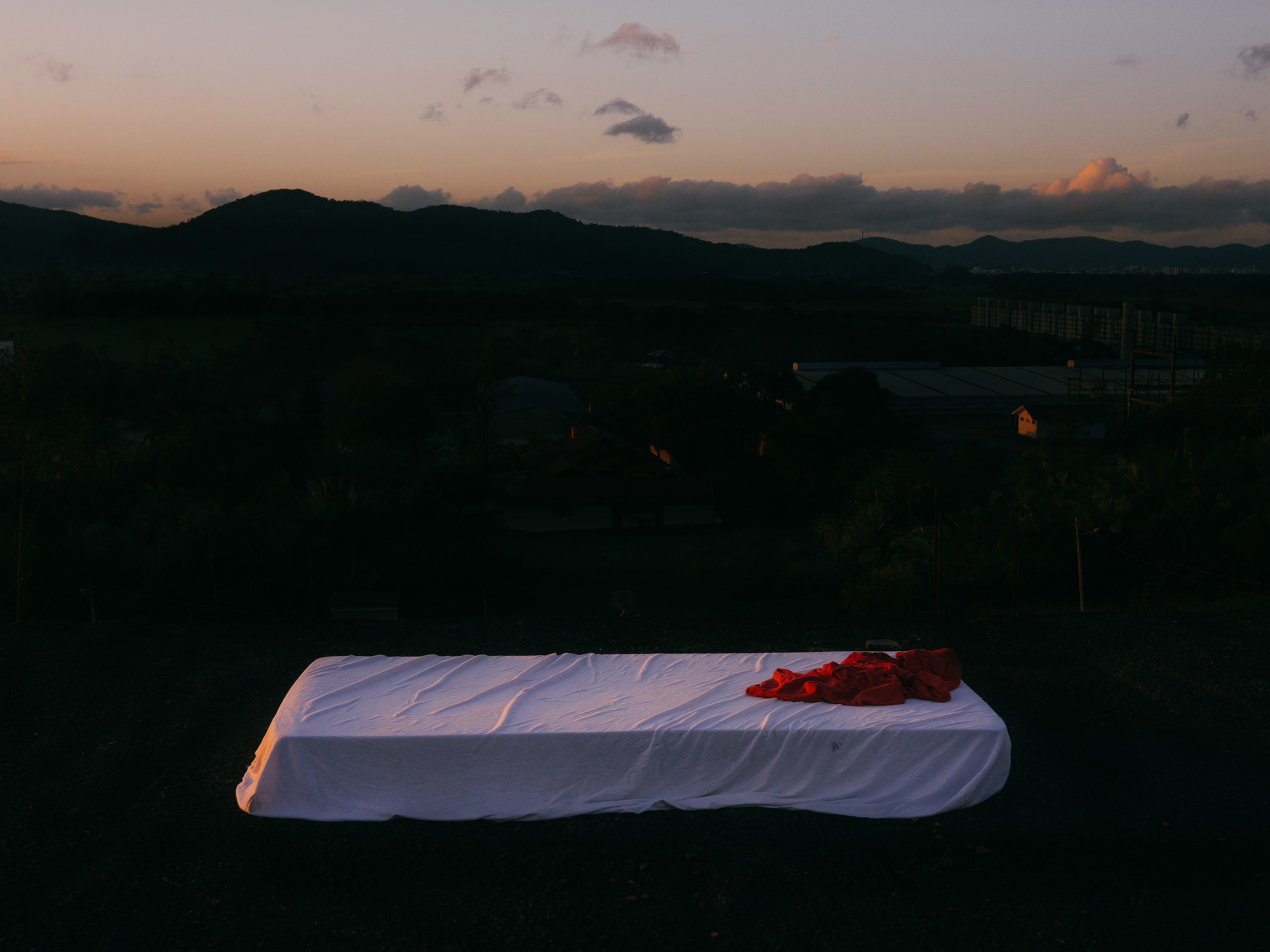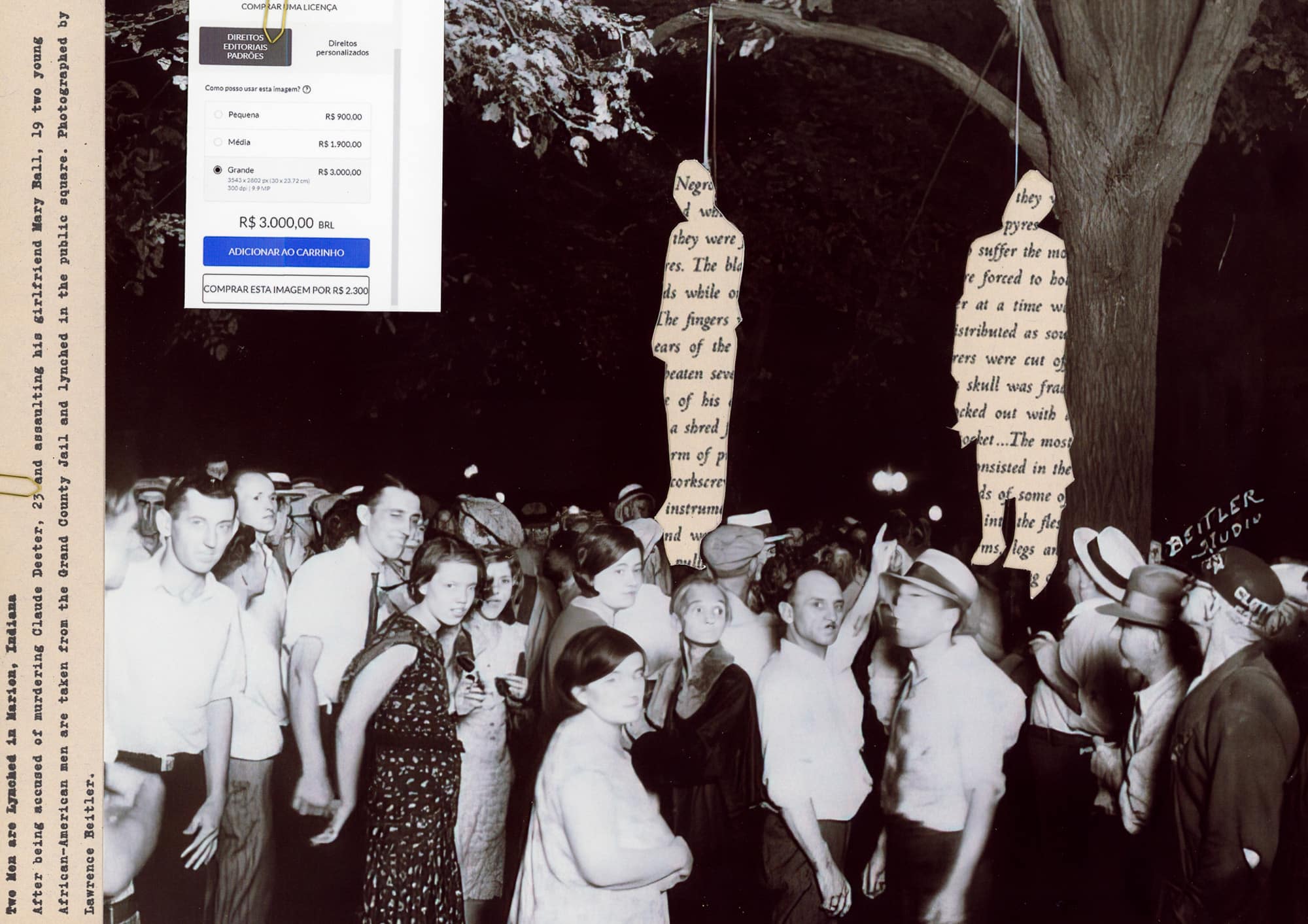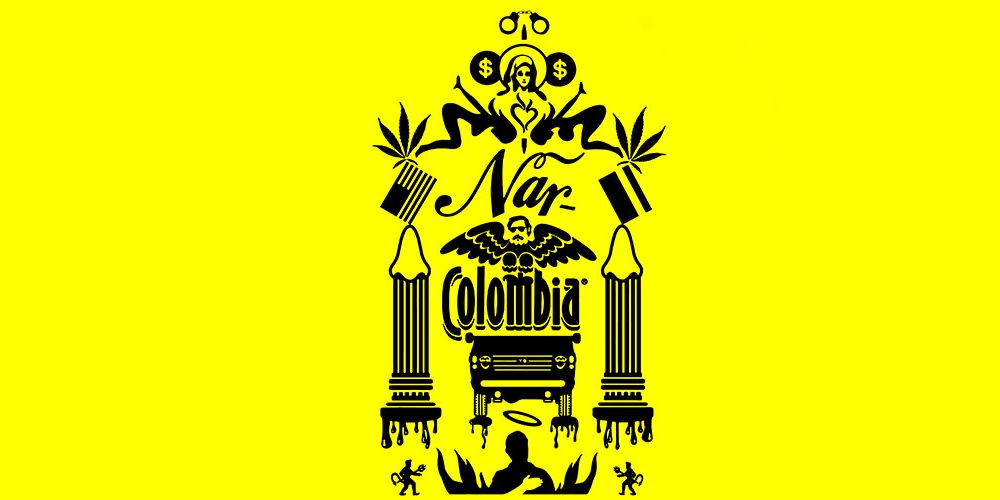
Memes, Substances, and Belonging in a Polarized World
At the beginning of the pandemic, X. Andrade began an anthropological study on the circulation of memes related to drug use. He found that while these images did not supplant the encounter and social rituals that accompany many substances, a wink for connoisseurs can be seen as a common denominator, which created a sense of belonging beyond the restrictions imposed by the isolation measures. During that first pandemic period, in the imaging laboratory that X. Andrade coordinates at the Universidad de los Andes in Colombia created an archive of approximately 6000 memes.
In his essays and samples, X. chooses to work with images. He is president for life of the Full Dollar Corporation, a ghost company “dedicated to trafficking between anthropology and contemporary art” interested in an ethnographic look at the social life of objects, images and ideas in the urban context. The recent mega-exhibition Narcolombia, which brought together several referents who study narco aesthetics, had him one of its curators. Although X.’s experience has led him to work on artistic projects in galleries in several cities worldwide, the massive circulation of memes has recently got him thinking. He has some ten essays dedicated to the subject.
What was it about memes that caught your attention?
I started to get into memes with a lot of enthusiasm and make those visual essays because I saw them as a line of escape from the pandemic, a moment when I felt very lonely. I encouraged myself through humor and laughter. The subject interested me because I see it as a continuity of the tradition inaugurated by the political cartoon. Still, I find it paradoxical to have gotten into this world because I’m a guy who doesn’t have social networks. My exchanges are limited to WhatsApp. Mine was rather intuitive, although all around me were crystallizing the consumption of drugs, sex, politics and the nostalgia for nature revealed by some of the memes, which told of the empty cities and the supposed emergencies from dinosaurs to crocodiles in the streets of Bogota.
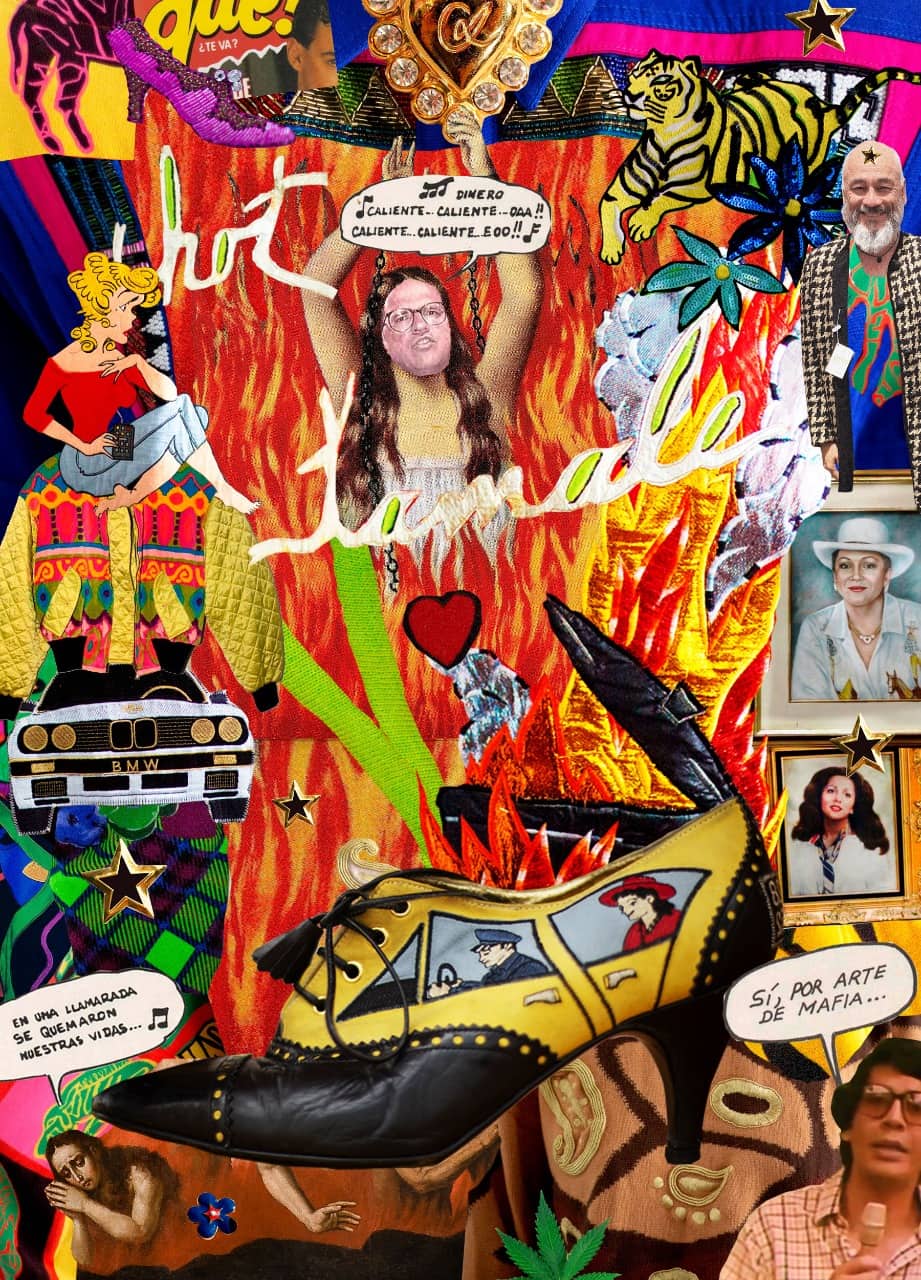
Collage by Gabriel Linares; includes a fragment of the work “Héroes y Anti-Héroes” by Germán Arrubla, published in the book The Memory of Pablo Escobar by James Mollison.
Unlike other forms of creation, do you think that memes democratize the possibility of giving a message?
What has happened and what the pandemic has revealed in a very crude way is that we have total dependence on the world of images in contemporary society. One can say, okay, memes are a form of democratization of the construction of the image, everybody can access the resources and so on, and that is one side in front of the medal. The other side is that the very agency of such volatile images can give a political twist to the world of memes that is extremely dangerous. It is already being studied because the synthetic capacity of the meme goes very well with a kind of square thinking about social reality.
With the critical look you can have two years after that first approach to memes, what conclusions did you reach?
In the first year of the pandemic, I entered headlong into that world and enjoyed it, but after that period, I looked at the darker side of memes, which is the authoritarian political use. I began to have a much more critical look because, in the world of social networks, memetic images and sometimes stickers, which are even a much more synthetic version than the meme itself, the economy of resources promotes black and white thinking. Then there is the form of circulation, which is given by affinities or oppositions, and we end up adding to the empire of polarizations. Thinking about politics in polarized terms seems to be extremely dangerous. I say this from a country like Colombia, where we are close to elections and where the signs of intolerance are appalling. At the same time, the images of political caricatures and memes are exercises in disfiguring power, disfiguring the politician’s vision, and hence their success in terms of circulation. They anonymously articulate things that you cannot say very openly in other public spheres because there is fear of repression and that kind of factor. This series of contradictions open up a multifaceted analysis of the world of the image and the new forms, which are increasingly synthetic.
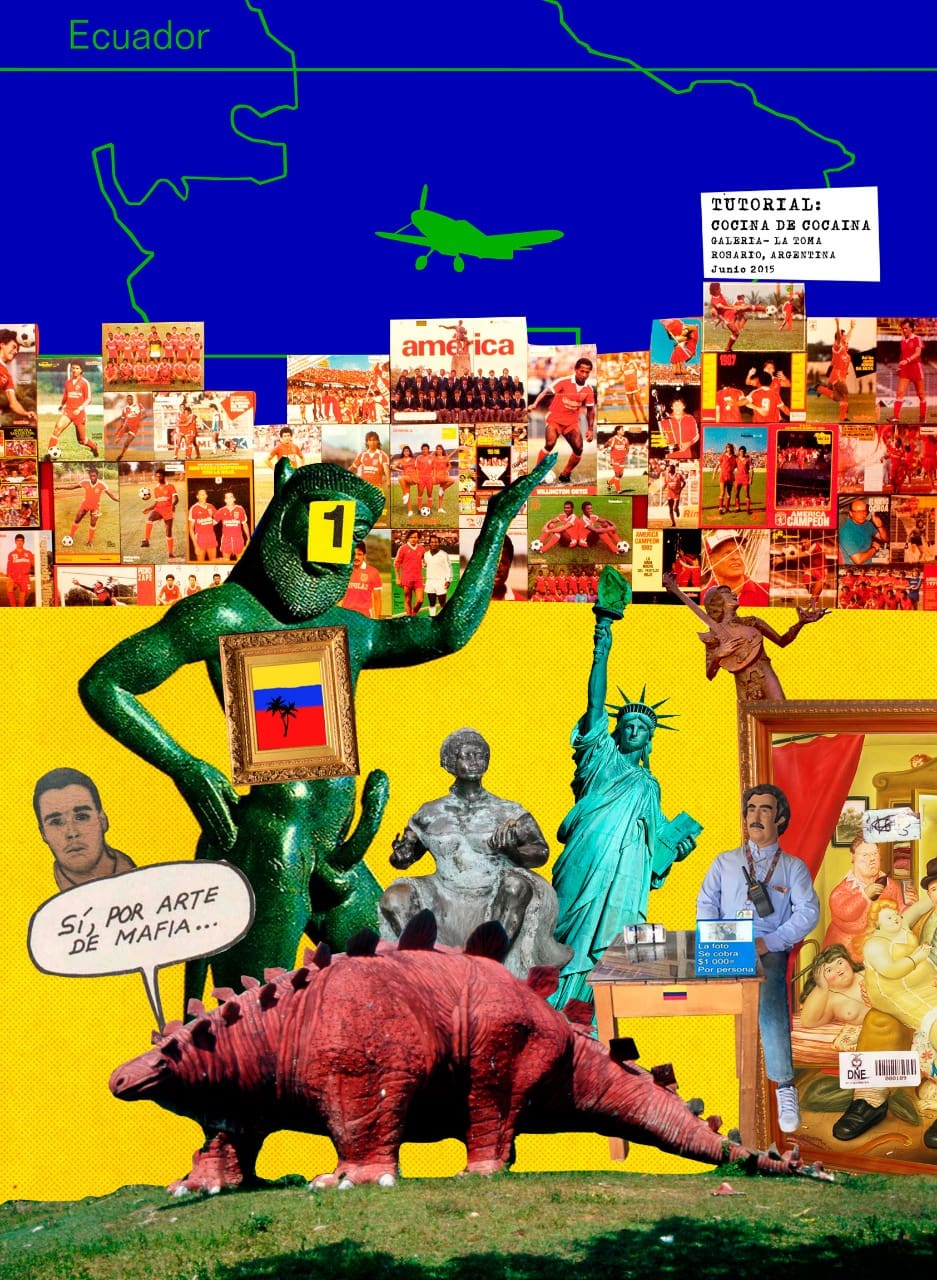
Dedeé Mandros
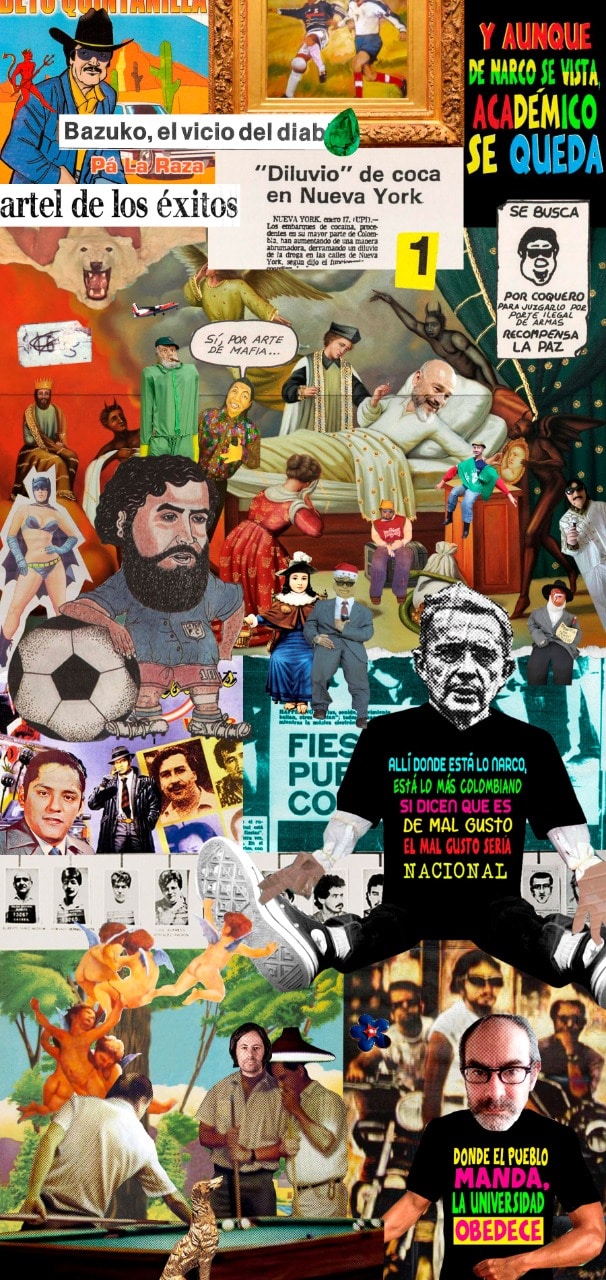
Collage by Gabriel Linares; includes a fragment of the work “Héroes y Anti-Héroes” by Germán Arrubla, published in the book The Memory of Pablo Escobar by James Mollison.
